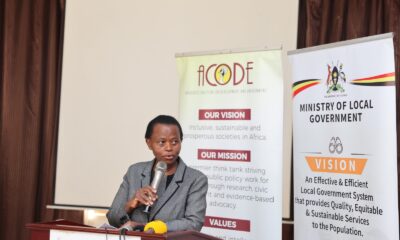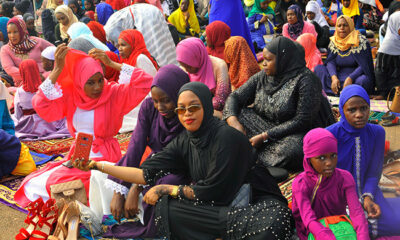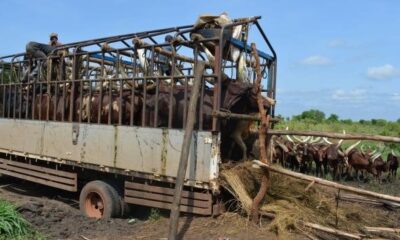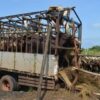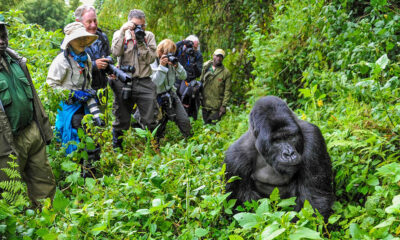News
Scientists to showcase agricultural innovations against climate change
Scientists from Uganda and over ten other countries are set to convene at Makerere University between November 23-25, to present new agricultural innovations that can withstand the adverse effects of climate change.
Arthur Makara, the Executive Director of the Science Foundation for Livelihoods and Development (SCIFODE) said the conference will highlight the importance of new technologies such as genetic modification in combating diseases and effects of prolonged drought arising from climate change.
Makara said: “This Conference is a unique opportunity for scientists in Uganda to showcase their accomplishments and breakthroughs in different disciplines of biosciences from crop breeding, animal breeding and improvement, to fisheries research, value addition to food products and food preservation technologies.”
The scientific conference, according to Makara will be attended by farmers’ leaders, civil society representatives, civil servants and politicians as well as religious leaders.
The biannual conference comes at a time when the country is waiting for the passage of the Biotechnology and Biosafety Bill 2012, through which government hopes to regulate and promote the use of biotechnology as a tool for addressing challenges facing farmers such as diseases, drought and declining soil fertility.
Makara explained that some of the presentations will highlight the value of biotechnology in developing disease and pest resistant crops, livestock vaccines or breeding faster maturing and more nutritious fish species.
Makara adds that besides showcasing product innovations, the conference will provide an opportunity to participants to interact with a new mass of scientists trained in biotechnology.
He said: “Uganda has developed a critical mass of scientists, and is considered a point of reference for the region in agricultural biosciences research. That is the reason we shall have delegates from different countries in Africa and beyond to come and learn from us.”
Heavily dependent on agriculture, Uganda’s economy has been battered by the adverse effects of climate change such as prolonged drought, delayed rains and floods.
Dr. Barbara Mugwanya, the Head of the Bio-information Centre at Namulonge, noted however that most of the climate resilient crops developed target drought and not floods.
She said that increased chances of floods in coming years has forced the NARO system to think of developing crops such as beans, cassava that is more tolerant of heavy rains.
Comments






